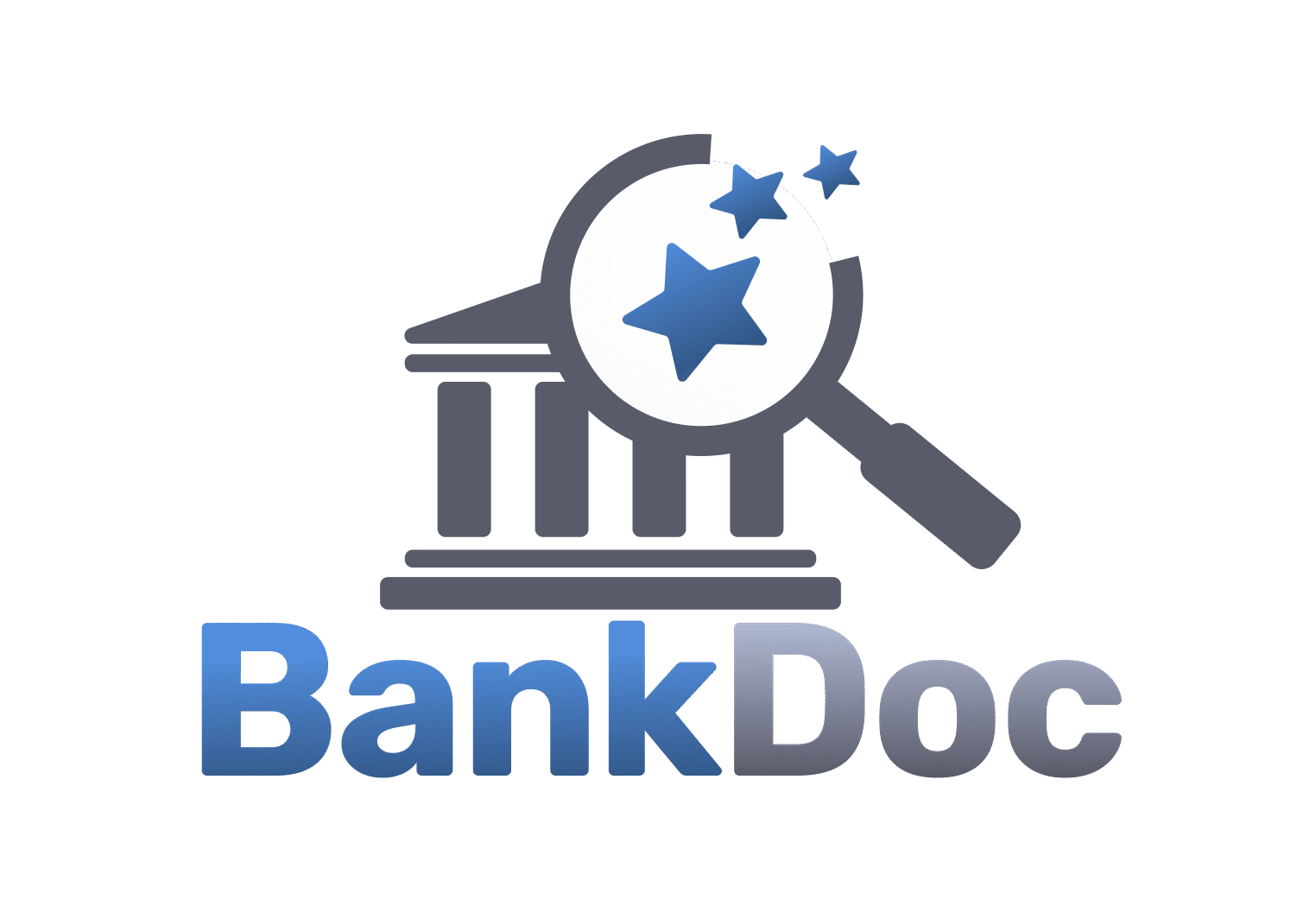Smart money management is the foundation of financial freedom. Whether you’re saving for your first home in Berlin, planning a retirement in the south of France, or just trying to stay afloat during inflation spikes, adopting solid financial habits can help you make the most of your euros.
Here are 7 personal finance habits every European should know to stay financially healthy in today’s fast-changing economy.
- 1. Track Your Expenses in Real-Time
- 2. Create an Emergency Fund in a Eurozone-Friendly Bank
- 3. Diversify Investments Across EU and Global Markets
- 4. Understand and Manage Currency Risk
- 5. Use Tax Allowances and Government Schemes
- 6. Automate Savings and Investments
- 7. Stay Informed About EU Financial Regulations
- Final Thoughts: Build Wealth, Not Worry
1. Track Your Expenses in Real-Time
One of the most effective ways to control your finances is to track your spending. Use tools like Revolut, N26, or Monese that offer real-time notifications and categorization of expenses.
Pro Tip: Set monthly budget limits for categories like dining out, subscriptions, and transport.
Why it matters: Europeans in countries with high living costs—like the Netherlands or Ireland—often underestimate their variable spending. Tracking helps highlight leaks in your budget.
2. Create an Emergency Fund in a Eurozone-Friendly Bank
Having at least 3–6 months’ worth of living expenses in a separate, accessible savings account can be a lifesaver. Choose EU-regulated banks offering deposit protection schemes (like the €100,000 guarantee under the EU directive).
Why it matters: Economic uncertainty, layoffs, and energy price surges in the EU make this a non-negotiable habit.
3. Diversify Investments Across EU and Global Markets
Europeans now have easy access to ETFs, robo-advisors, and P2P lending platforms. Use services like DEGIRO, Trade Republic, or Mintos to diversify across assets and borders.
Consider investing in ESG-friendly funds or European green bonds for long-term sustainability.
Why it matters: Diversification protects your portfolio from local economic shocks and currency fluctuations.
4. Understand and Manage Currency Risk
If you earn in euros but invest or spend in other currencies (e.g. British pounds or Swiss francs), be aware of exchange rate volatility. Use multi-currency accounts or hedged ETFs to reduce exposure.
Why it matters: As more Europeans move, work remotely, or invest abroad, understanding forex impact is crucial to avoiding hidden losses.
5. Use Tax Allowances and Government Schemes
Tax incentives vary across the EU but can be extremely beneficial. For example:
- Germany: Riester-Rente for retirement saving
- France: Livret A savings account (tax-free interest)
- Spain: Deductions for pension contributions
- Netherlands: “Box 3” investment tax planning
Always check your local tax authority or consult a certified advisor to maximize deductions.
Why it matters: Not using available tax breaks is like throwing away free money.
6. Automate Savings and Investments
Set up automatic monthly transfers to savings, investment accounts, or retirement plans. Most EU banks and fintechs offer standing orders and auto-invest features.
Why it matters: Automation makes saving consistent and reduces the temptation to spend.
7. Stay Informed About EU Financial Regulations
Whether it’s MiFID II, PSD2, or SEPA transfers, staying informed helps you make smarter choices. The EU is also leading in open banking, giving users more control over their financial data and service choices.
Follow platforms like Bankdoc.net for updates on EU financial trends, tools, and advice.
Why it matters: Regulations can impact your returns, fees, and even access to certain financial products.
Final Thoughts: Build Wealth, Not Worry
Financial literacy isn’t taught in every European school, but adopting these 7 smart personal finance habits can help you thrive—whether you’re in Lisbon, Vienna, or Tallinn. The earlier you start, the more time you have to benefit from compound interest, market growth, and financial peace of mind.
FAQ: Personal Finance Habits
Start tracking your spending, automate savings, review subscriptions monthly, and create a budget that includes fun and essentials
Automating transfers to savings helps you “pay yourself first” and builds a financial cushion without relying on discipline alone
Review your budget monthly, or after major changes like a pay raise or new expenses. It helps you stay aligned with goals
Tracking lets you see where your money goes, spot unnecessary costs, and adjust habits to save more
Both methods work. Cash envelopes help control physical spending, while apps allow flexibility and detailed tracking
Focus on value: reduce or eliminate non-essential subscriptions, cook at home more, compare prices, and use tools to identify deals
Yes. Saving even small amounts regularly helps cover unexpected costs without going into debt
Round-up saving automatically rounds transaction amounts to the nearest euro and puts the difference into savings. It’s a simple way to accumulate money over time
Clear goals give purpose to your habits, whether saving for a trip, paying off debt, or investing—it makes sticking with good habits easier

